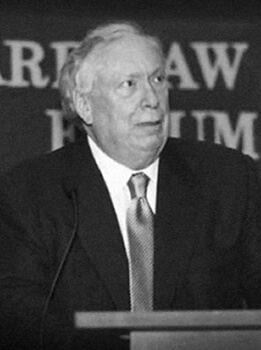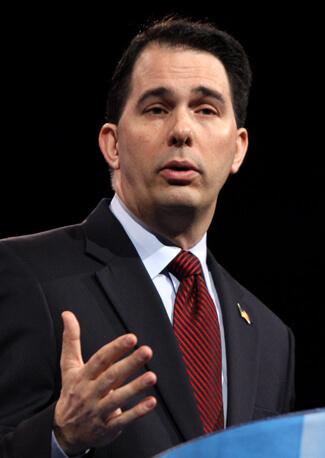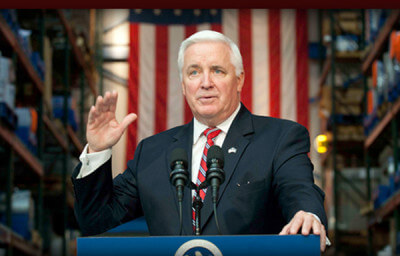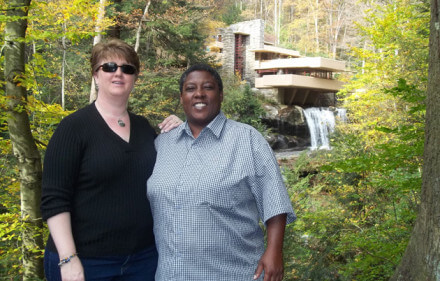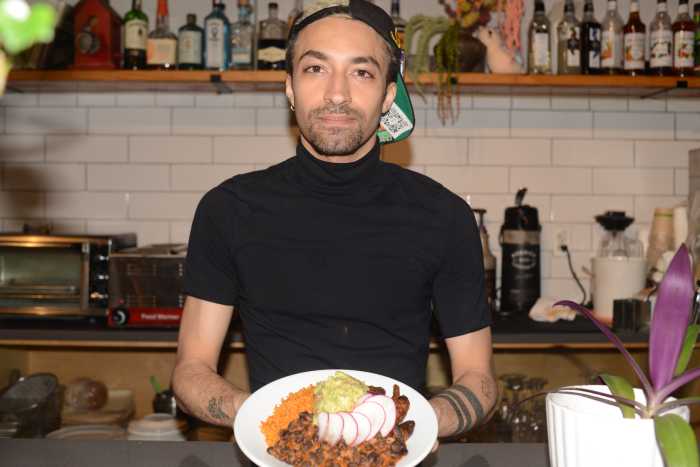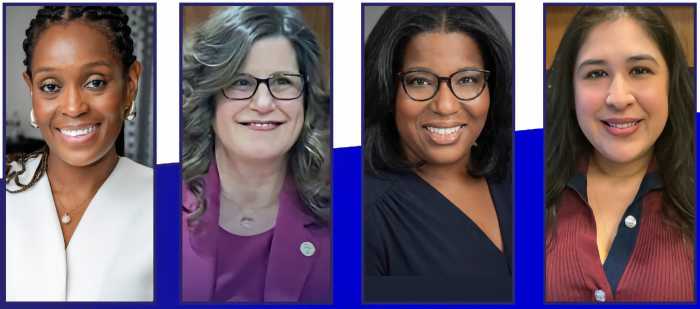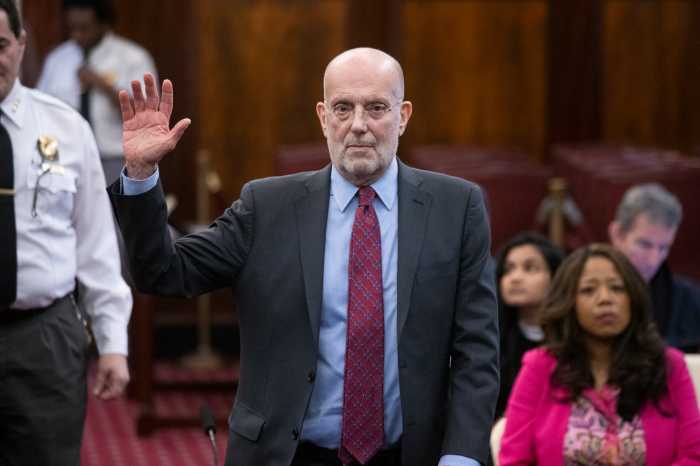A unanimous three-judge panel of the San Francisco-based Ninth Circuit Court of Appeals has ruled that excluding potential jurors because they are gay violates the Equal Protection Clause of the 14th Amendment to the US Constitution.
The January 21 ruling, which came in a civil lawsuit over HIV medication pricing that Smithkline Beecham Corp. brought against Abbott Laboratories, is significant in establishing a precedent in the Ninth Circuit for how claims of sexual orientation discrimination should be evaluated. The ruling imposes a “heightened” level of scrutiny on justifications provided for disparate treatment of gay and lesbian people.
This standard of judicial review has significant implications for marriage equality litigation now before Ninth Circuit courts –– in cases involving Nevada, Oregon, Arizona, and Idaho.
Ninth Circuit finding that sexual orientation claims subject to “heightened scrutiny” likely win for marriage advocates
The issue of jury exclusion dates back to 1986, when the Supreme Court held that excluding potential jurors based on race is unconstitutional. Such discrimination in jury selection would “touch the entire community,” the high court found, because it would “undermine public confidence in the fairness of our system of justice.”
The court’s finding was later extended to juror exclusion based on sex.
In determining whether sexual orientation should also be added as a prohibited ground for juror exclusion, the Ninth Circuit had to determine whether claims made on that basis were subject to “heightened scrutiny,” as are sex discrimination claims.
In past decisions, the Ninth Circuit rejected that proposition, but, in his opinion for the panel, Judge Stephen Reinhardt wrote that last summer’s Supreme Court DOMA ruling changed the game since some form of heightened scrutiny was applied there.
The customary standard for judicial scrutiny is termed “rational basis” review, under which plaintiffs must show that the government has no conceivably rational basis for disparate treatment of a class of people. Laws are presumed to be constitutional and the burden is on the challenger to prove otherwise.
In the DOMA case, Reinhardt found, no such presumption was made and the justifications put forward by attorneys for the House Republican leadership, which was defending the 1996 statute, were ignored. Instead, Justice Anthony Kennedy’s opinion for the court focused on DOMA’s legislative history and found it was enacted specifically to discriminate against gay people because of moral disapproval of homosexuality. Congress’ “avowed purpose” for enacting DOMA, he wrote, was “to impose inequality, not for other reasons like governmental efficiency.”
The high court’s “careful consideration” of the “actual purpose” of the 1996 law, Reinhardt found, is “antithetical” to rational basis review, which shows significant deference toward legislative enactments.
Instead, in the DOMA case, the burden was shifted from the plaintiff, New York widow Edie Windsor, to Congress, which was called on to “justify disparate treatment” of gay people. The DOMA ruling, Reinhardt wrote, “requires that classifications based on sexual orientation that impose inequality on gays and lesbians and send a message of second-class status be justified by some legitimate purpose.” That, he pointed out, is the hallmark of heightened scrutiny in weighing equal protection claims.
In the pharmaceutical pricing case the Ninth Circuit was considering, Abbott was charged with improperly inflating the price of HIV medications whose patents it controlled. During the questioning of potential jurors, it became clear that one man was gay due to references to his partner. Abbott’s attorney questioned him briefly, but elicited no answers indicating any particular bias against his client. Still, he asked to strike the juror, citing his right to do so peremptorily. Smithkline Beecham’s attorney raised the juror exclusion principle that was established in 1986.
In its ruling, the Ninth Circuit panel found that since Abbott’s counsel might entertain the view that a gay man would be biased against his client, they would have to provide valid justification for challenging the man’s jury service.
The Ninth Circuit ruling is the first one from a federal court regarding the exclusion of gay jurors, but the implications go much further since it applies broadly to all sexual orientation discrimination claims, not just juror challenges. The pending Ninth Circuit marriage cases are the most significant testing ground for the way in which this powerful shift in how sexual orientation discrimination claims are evaluated will play out. This new ruling adds immeasurably to the arsenal that attorneys for gay and lesbian plaintiffs will bring to these cases.

